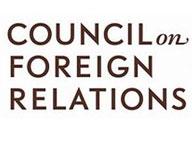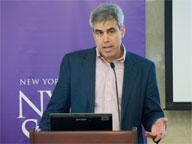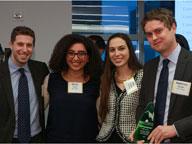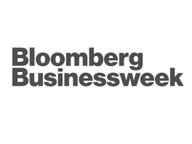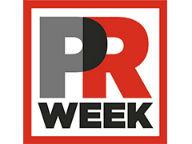Faculty News
—
Prof. Nouriel Roubini on the US economy
—

Excerpt from Bloomberg TV -- "I'm quite concerned about the US economy. Certainly, people underestimated how much the increase in taxes, payroll and income and now the sequester would affect the economy. My view was the debt would imply a fiscal drag of at least 1.6-1.7% this year and therefore the economy this year is not going to grow much more than 1.6% given the significant fiscal drag."
Faculty News
—

Excerpt from Bloomberg TV -- "I'm quite concerned about the US economy. Certainly, people underestimated how much the increase in taxes, payroll and income and now the sequester would affect the economy. My view was the debt would imply a fiscal drag of at least 1.6-1.7% this year and therefore the economy this year is not going to grow much more than 1.6% given the significant fiscal drag."

